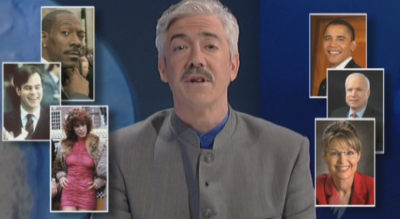Quantum of Solace (Marc Forster, 2008)
The new Bond film, Quantum of Solace, is a strange beast indeed. It aggressively imitates the rival Jason Bourne spy franchise; and yet despite that derivativeness, it somehow manages to impart a sense of renewal and vigour to the Bond series. In that sense it continues the work started by Casino Royale admirably. And while it doesn’t always feel like a Bond film, it does feels like those at the helm are actually concentrating – something that was missing in plenty of more identifiably “Bondian” entries in the franchise.
It starts mid-chase, in the immediate aftermath of Casino Royale, thus reviving the idea of film-to-film plotting that had been used (albeit more loosely) in the sixties Bond films. Bond is still smarting from the death of Vesper Lynd, and he’s following the leads she left him to try to find the organisation that was backing the previous film’s villain, Le Chiffre. Quantum thus gives a sense both of the film that should have followed the death of Bond’s wife in On Her Majesty’s Secret Service, and also of what the previous “renegade Bond out for revenge” film Licence to Kill should have been. It also very strongly echoes The Bourne Supremacy, right down to the icy Russian epilogue.

